Though we all diligently cart our plastic to the curb for recycling, the sad reality is that only about 7% of it is commercially viable for recycling, the rest ends up as landfill.
Plastic is a petroleum product that until now has been very inconsistent and unstable when returned to an oil form. Recently a North American fuel company called Plastic2Oil, has developed a process that can consistently transform unsorted, unwashed waste plastic into ultra-clean, ultra-low sulphur fuel requiring no further refinement.
Breaking down at various purities, this low-emission processing technique delivers predominantly heating oil and diesel transportation fuel, but has a use for all its by-products including running the processor itself which uses its own off-gases as fuel (approximately 10-12% of process output).
由CRA(碳足迹分析)记录的P2O堆测试的排放量低于在类似尺寸的天然气炉上进行相同测试产生的排放量。
总裁兼首席执行官John Bordynuik。
There is no question that what we are talking about here is still burning fossil fuels. The difference in this case, is that these fossil fuels have effectively seen the end of their useful life, and are now clogging up our landfills, waterways and oceans.
即使我们有政府的承诺和行动,将我们的能源基础设施从化石燃料转变为可再生能源将是一个艰难的过程,需要几十年的时间。如果没有我们所看到的政府合作,这将会更加漫长。
Our world presently runs on oil, and it will require oil through manufacturing, transportation and construction to transform our societies into sustainable ones. It’s possible that this sort of technology will be part of that process.
Aside from landfills we also have in the South Pacific what is known as ‘Garbage Island’, where converging ocean currents have brought together a floating debris pile (mostly plastic) the size of Texas. Having no commercial value and no one to take ownership of it, it simply continues to grow.
We are leaving countless ecological disasters for the next generation, and frivolously using the resources they will need to clean up our mess. Perhaps technologies like this will help lessen the burden.


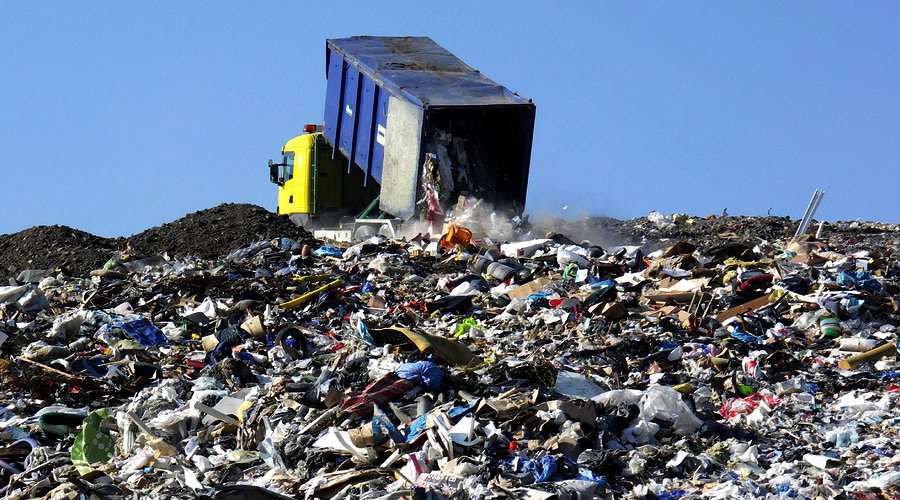














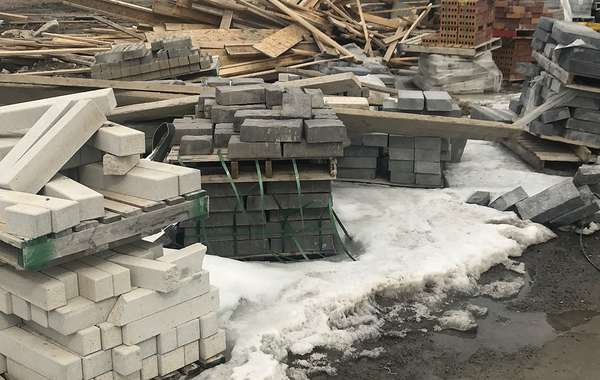
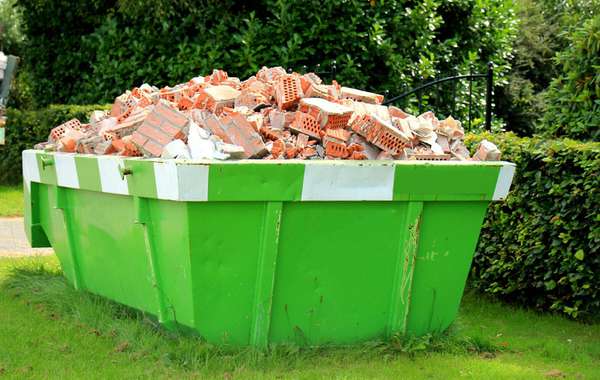





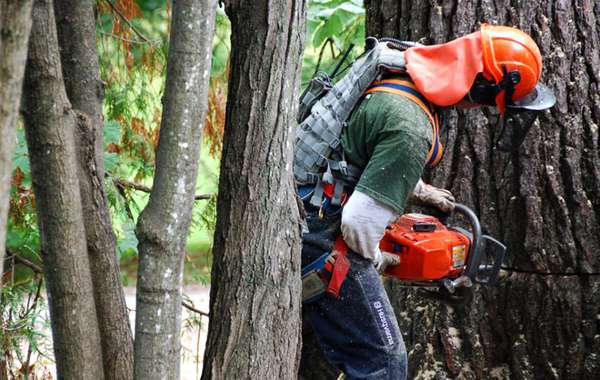

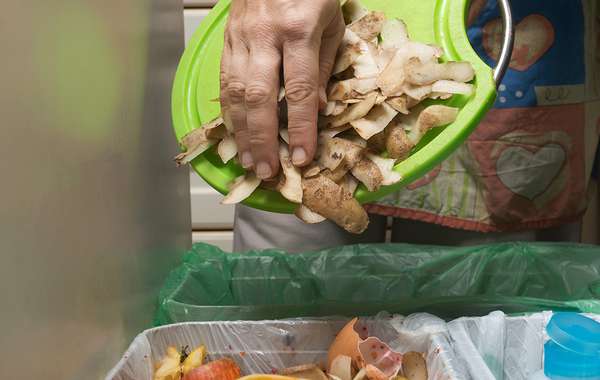
Comments (0)
Sign Up to Comment